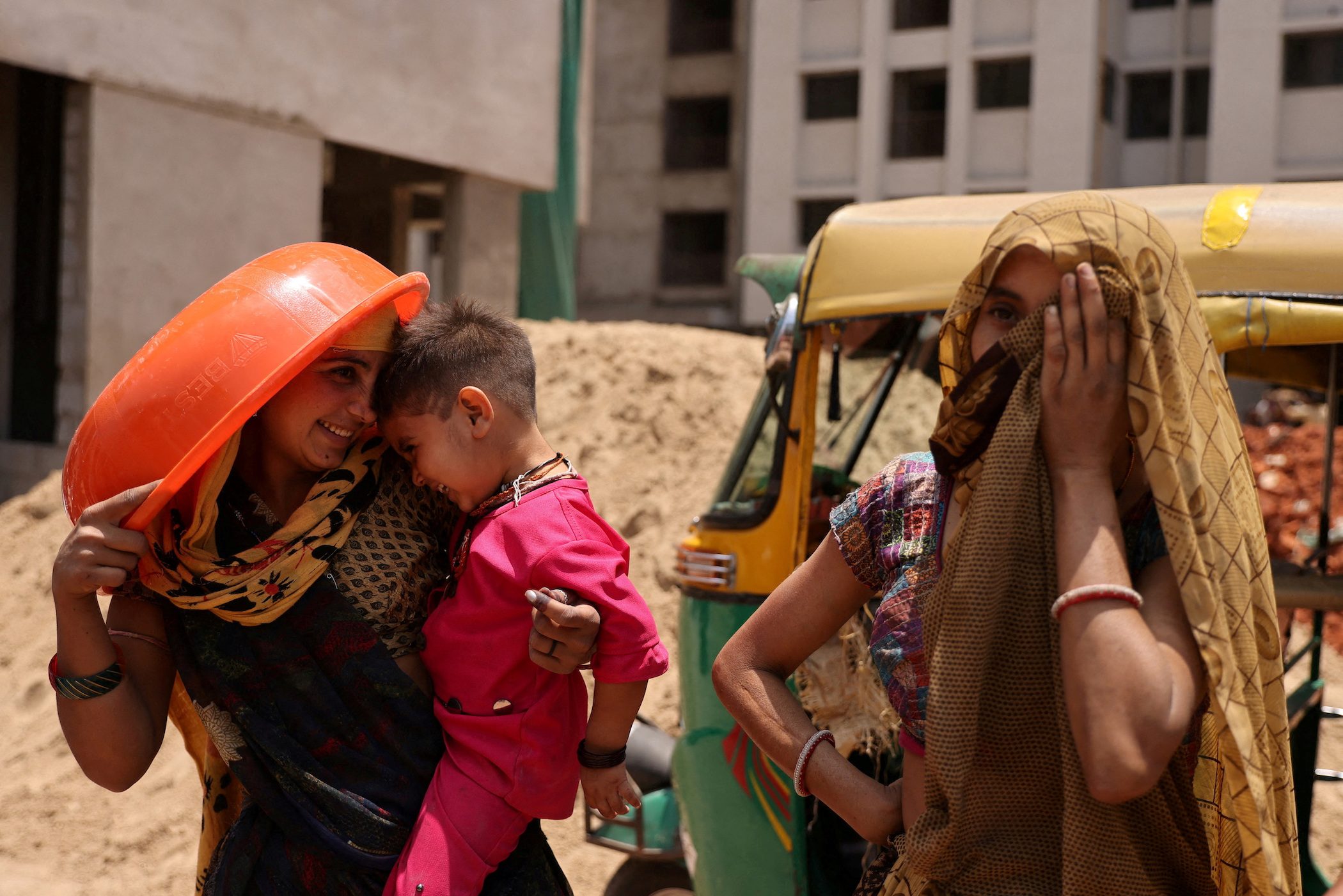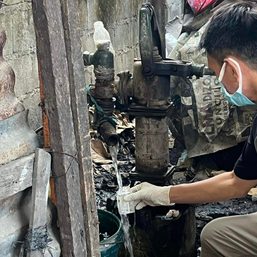SUMMARY
This is AI generated summarization, which may have errors. For context, always refer to the full article.

DUBAI, United Arab Emirates – Countries must put people’s health at the center of their plans to fight climate change and phase out fossil fuels as a way to tackle air pollution and diseases being aggravated by rising temperatures, health specialists told the United Nations climate summit.
At the COP28 conference in Dubai, more than 120 nations signed a declaration to boost health-related climate finance, but the document made no mention of fossil fuels – the main source of climate-warming emissions.
Climate campaigners, researchers, and health policymakers said phasing out the use of fossil fuels was vital to saving millions of lives each year and called on governments to address the link between emissions and air quality, and include measurable goals or targets.
“We need to integrate climate change as a core component to enable us, as the first-line responders, to respond, detect, and treat climate-related health impacts,” said Omnia El Omrani, a climate and health policy expert from Egypt.
Despite an increase globally in illnesses and deaths linked to fossil fuel burning such as asthma, lung infections, and respiratory diseases, he said health authorities in many countries do not connect the trend to greenhouse gas emissions.
An estimated 5.13 million excess deaths per year globally are attributable to ambient air pollution from fossil fuel use and therefore could potentially be avoided by phasing out fossil fuel, according a new study published November by the British Medical Journal.
Despite that, the issue was missing from two-thirds of the national climate plans submitted to the United Nations, known as nationally determined contributions, according to an October report by the Global Climate and Health Alliance (GCHA).
“The threats to health resulting from climate change are immediate and present. However, for too long, health has been a footnote to climate discussion,” the head of the World Health Organization, Tedros Adhanom Ghebreyesus, said at the first ever Health Day at COP28 in Dubai, calling for countries to include health in their climate action plans.
Rising temperatures are also pushing mosquito-borne diseases such as dengue, chikungunya, Zika, yellow fever, and malaria into regions that were not previously affected by them, Tedros said.
‘Glaring omission’
Climate campaigners also criticized the failure of some high-emitting nations such as India, Russia, Saudi Arabia, and South Africa to endorse the COP28 Health Declaration on Climate and Health.
“[That] carries huge consequences for the populations of those countries in addition to the emissions that need to be addressed globally,” said Jess Beagley, policy lead for the GCHA, a coalition of health nongovernmental organizations and health professionals.
The alliance called the declaration’s failure to mention fossil fuels a “glaring omission.”
It did include the announcement of $1 billion in pledges from governments, charities, and development banks to mobilize finance for climate and health in developing countries, where climate-related health risks are especially high.
The funding initiative includes $300 million from the Global Fund, $100 million from the Rockefeller Foundation to support climate and health solutions, and a 54-million-pound ($69 million) pledge from the British government.
At present, health-focused climate action only receives 2% of adaptation funding and 0.5% of climate funding.
Health and climate campaigners say that is nowhere near enough to tackle the growing burden of tropical diseases as the world warms, along with other climate-driven health threats including malnutrition, malaria, diarrhea, and heat stress.
But climate finance to ramp up cleaner energy access to people across the world must be stepped up, a push that would bring immediate health benefits with it, campaigners say.
About four out of every five families in Africa still cook with polluting stoves, said Fatih Birol, executive director of the International Energy Agency.
Access to cleaner cooking alternatives could dramatically slash emissions – and improve air quality, said Birol, calling on richer nations to fund just transition initiatives in poorer nations.
Tedros urged the world’s health sector, which accounts for about 5% of global emissions, to lead by example on reducing its carbon footprint.
“The health workforce is one of the largest in the world, present in almost every community,” he told journalists.
“We have a role to speak up on behalf of the populations we serve to raise ambition for a cleaner, greener, and healthier future.” – Rappler.com
$1 = 0.7865 pounds
Add a comment
How does this make you feel?

![[Rappler’s Best] Where the streets have no name](https://www.rappler.com/tachyon/2024/03/2-1.jpg?resize=257%2C257&crop=307px%2C0px%2C720px%2C720px)


![[DOCUMENTARY] Biking 120 kilometers in Metro Manila](https://www.rappler.com/tachyon/2024/03/bike-commute-metro-manila-documentary-carousel-scaled.jpg?resize=257%2C257&crop=216px%2C0px%2C1440px%2C1440px)





There are no comments yet. Add your comment to start the conversation.